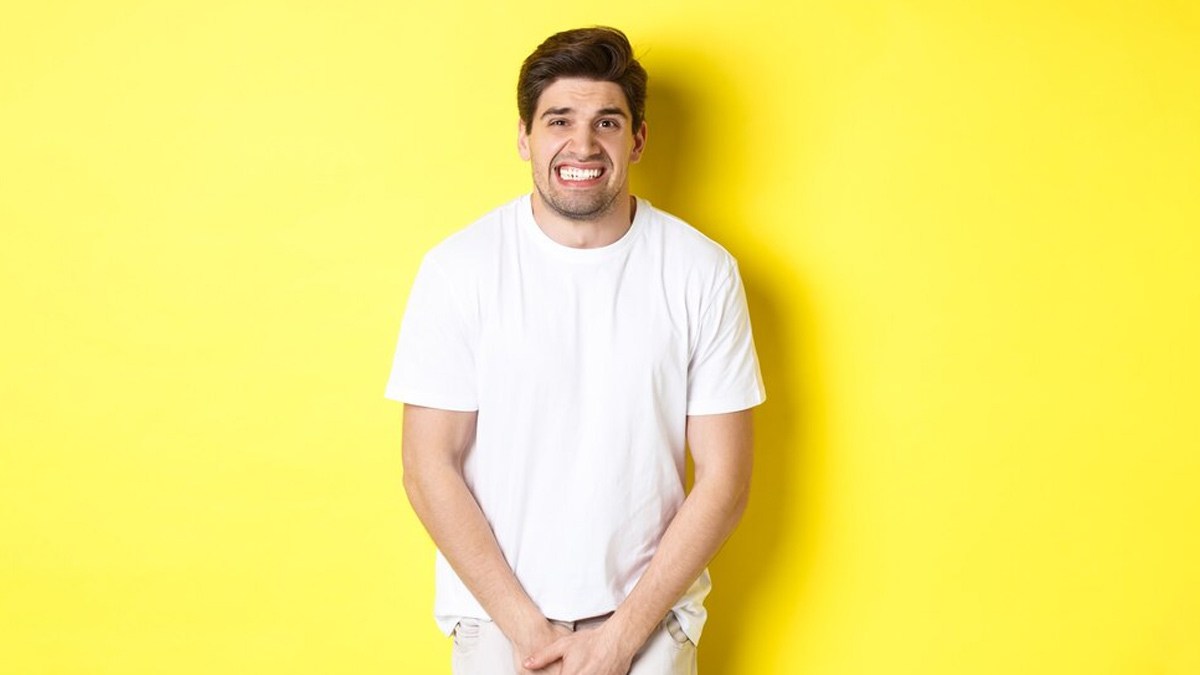
Quality sleep is essential for our overall health and well-being. However, if you find yourself waking up multiple times during the night to use the bathroom, it can significantly disrupt your sleep and leave you feeling tired and groggy during the day. Occasional nighttime urination is normal. Factors like age, fluid intake, and bladder capacity can all influence how often you need to visit the bathroom during the night. However, if your nighttime urination becomes frequent and bothersome, it may be a sign of an underlying health issue.
Table of Content:-
Health Reasons for Frequent Nighttime Urination

Labelling this nighttime urination phenomenon as Nocturia, a study led by Creighton University School Of Medicine (CUSM), described it as the most common and the 'most bothersome of all urinary symptoms.' The study informed that one in three people over the age of 30 makes at least two trips to the bathroom every night, and about 70% of these individuals are bothered because of this. If nocturia is a recurring issue for you, it's important to understand that there are several health-related reasons why you might be experiencing a constant need to pee at night:
- Urinary Tract Infections (UTIs): UTIs can irritate the bladder, causing a strong urge to urinate, and are often accompanied by pain, fever, or a burning sensation while peeing.
- Diabetes: High blood sugar levels, particularly in uncontrolled diabetes can overwhelm the kidneys, resulting in increased urination.
- Enlarged Prostate (in men): For men, an enlarged prostate can obstruct the flow of urine, making it difficult to empty the bladder completely. This leads to more frequent trips to the bathroom, especially at night.
- Overactive Bladder: An overactive bladder causes frequent and sudden urges to urinate even when the bladder isn't full.
- Medications: Some medications can also increase urine production, as a primary mode of functioning or as a side effect. Stress and Anxiety: Stress and anxiety not only trigger your digestive system but can affect your sleep and bladder function.
Also Read: Changes In Urination Can Be A Sign Of Kidney Infection: Do Not Ignore THESE Sureshot Symptoms
Dealing With Nocturia

The CUSM study further related that nocturia affects 50 million people in the United States, with only 10 million people actually getting a diagnosis, meanwhile only 1.5 million receiving specific therapy for it. That is why it's essential to know these management tips so you can get a restful night's sleep:
- Create a schedule for reducing fluid intake before bedtime, and try to stick to it.
- Bladder training exercises can help increase your bladder capacity and reduce the frequency of nighttime urination.
- Consult a healthcare professional if despite taking measures your Nocturia persists. In some cases, healthcare providers may prescribe medications or therapies to address specific underlying causes.
- Ensure your sleep environment is conducive to rest. Keep your bedroom dark, quiet, and at a comfortable temperature.
Also Read: Troubled Due To Excessive Urination At Night? You Might Need Help
In conclusion, if you find that a constant need to pee is disturbing your sleep, it's essential to identify the underlying cause and take steps to address it. Don't hesitate to consult a healthcare professional for guidance and treatment options. Remember that quality sleep is vital for your overall health and well-being, and addressing nighttime urination issues can lead to better rest and improved quality of life.
Also watch this video
Read Next
Blood Clot In The Brain: Expert Explains Intracranial Haemorrhage, Its Symptoms, And Treatment
How we keep this article up to date:
We work with experts and keep a close eye on the latest in health and wellness. Whenever there is a new research or helpful information, we update our articles with accurate and useful advice.
Current Version